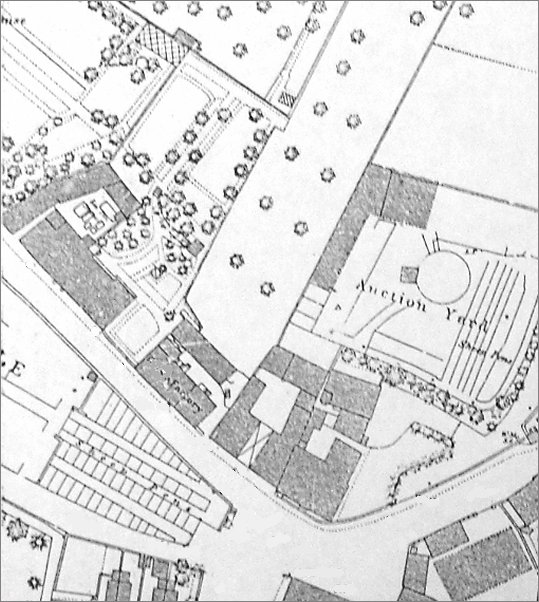yeovil people
william willmington
Glove Manufacturer of Hendford and Court Ash
Wealthy glove manufacturer William Willmington was born in 1773 at Yeovil. He was possibly the son of a Mrs Frances Willmington of Yeovil, recorded in the Churchwardens accounts of 1771 as a biscuit maker.
The Seven Stars Inn in the Borough was referred to in a marriage settlement dated 1795 between William and Martha Collins, both of Yeovil and on 9 May 1795 William married Martha née Collins (b1777), daughter of Yeovil glove manufacturer Henry Collins. Together they would have nine children; William Edward (b1798), Mary (b1800), Elizabeth (b1802), Henry (b1804), Amelia Collins (b1806), Emma Matilda Collins (b1808), Sophia Collins (b1810), Philip Collins (b1812), Edwin Collins (b1815) and Mary Ann Collins (b1817).
Their eldest son William Edward would become a glove manufacturer and inherit his father's house in Hendford. Their youngest son Edwin would also become a glove manufacturer and daughter Emma was later married to glove manufacturer William Bide. Edwin, a lifelong bachelor, lived in Court Ash with his spinster sister Amelia, 10 years his senior.
William was recorded in the Universal British Directory of 1790 as a glover and lamb and kid leather dresser. In Pigot's Directories of both 1822 and 1824 William and his son William Edward were listed as glove manufacturers in Hendford. In 1802 and 1803 William was a Churchwarden of St John's church.
The Churchwardens accounts of 1818 recorded William paying for a pew rent at St John's church and he was also recorded as a member of the Vestry in 1825. He was recorded as a 'Qualified Juror' in 1827 and listed as William Willmington, glover of Hendford. In 1834 he was listed as a subscriber to William Hull’s “History of the Glove Trade”.
In 1840 he was recorded as a master glover in the Western Flying Post and it seems that around this time he moved from Hendford to a large, nine-bedroom residence Court Ash House, see map below, with an adjoining glove factory that had previously been owned by his father-in-law, glove manufacturer Henry Collins.
As a sidenote, it would appear that from this point forward in time William the father and William Edward the son were confused by eminent local historians and genealogists alike, and much of the father's later achievements - for instance he became a Town Commissioner in 1830, serving the town until his resignation in 1848 - were attributed to the son who actually emigrated to Australia with his family in 1840.
In the 1841 census, 68-year-old William, listed as Wm Woolmington, was living in Court Ash House with his daughter Emma, son Edwin and a servant. Both William and Edwin listed their occupations as glove manufacturers. The following census, in 1851, listed William still living at court ash with his children Amelia, Emma and Edwin together with a female servant. Both William and Edwin listed their occupation as glove manufacturers employing 15 men, 8 boys & 200 women.
At a public meeting held on 29 April 1846 it was recorded that "an old and very respectable inhabitant, Mr Willmington, took the chair despite great bodily affliction."
In 1851, William was noted as an investor in the South Western Railway Company.
William Willmington died in Yeovil in the autumn of 1860, aged 87.
map

This map, based on the 1886 Ordnance Survey, shows William Willmington's large residence in Court Ash at centre left. Next to it, to the north of the sheep pens, is his glove factory. Both the house and glove factory had previously belonged to glove manufacturer Henry Collins and were later occupied by his William, his son Edwin and daughter Amelia - and later still by glove manufacturer George Atherton from the mid-1860s. The site of both house and factory are today built up with offices.
Gallery

A report of the Yeovil Petty Sessions of 2 July 1828, in which three men were convicted of robbing William Wilmington, as reported in the 10 July 1828 edition of the Dorset County Chronicle.